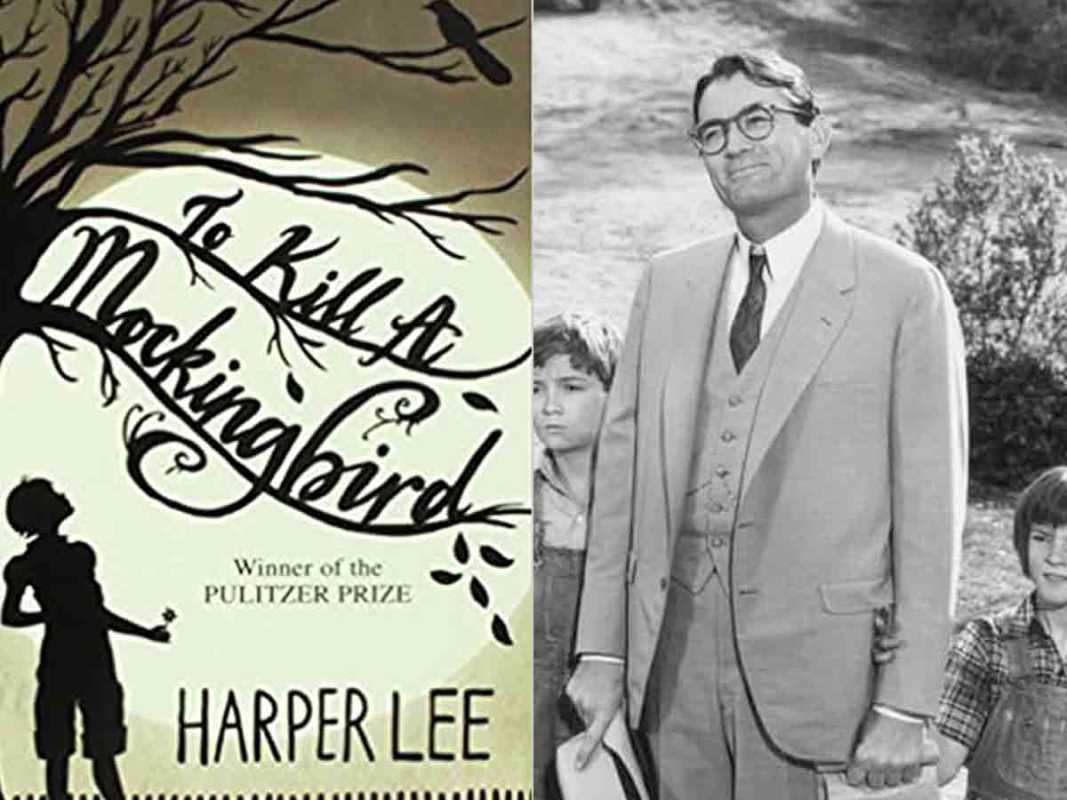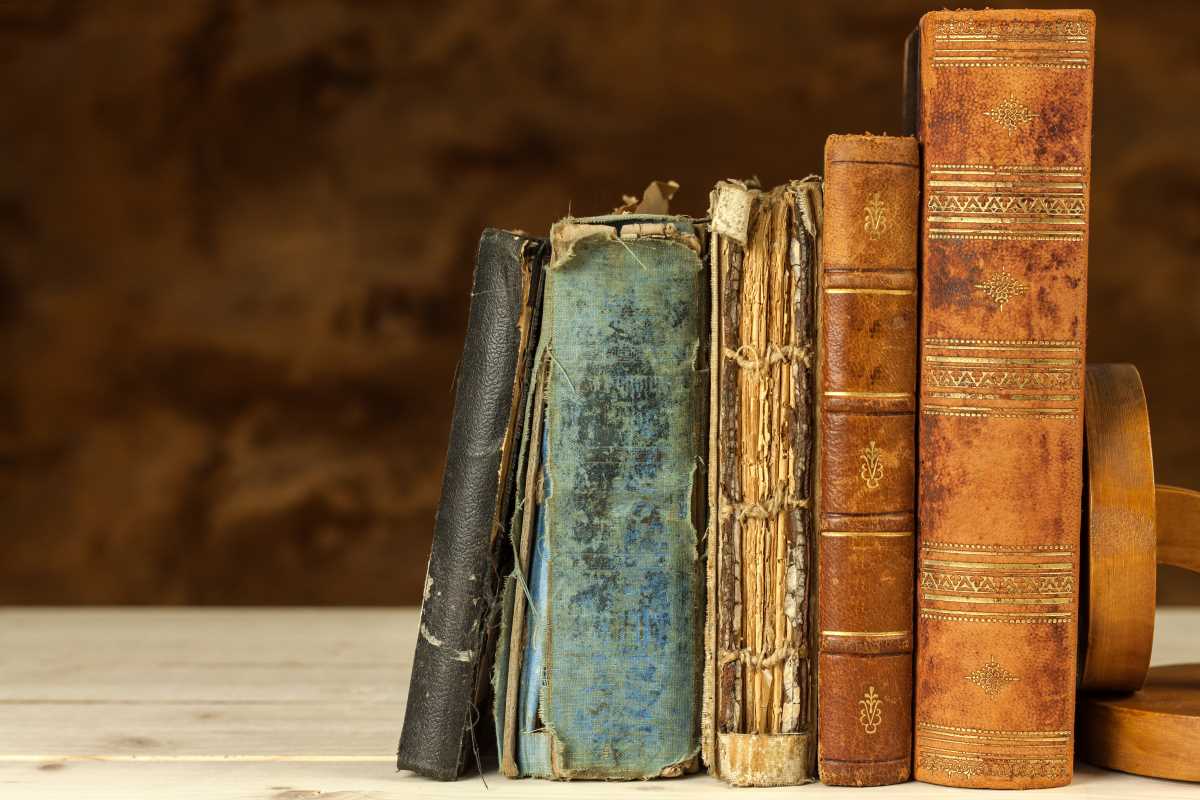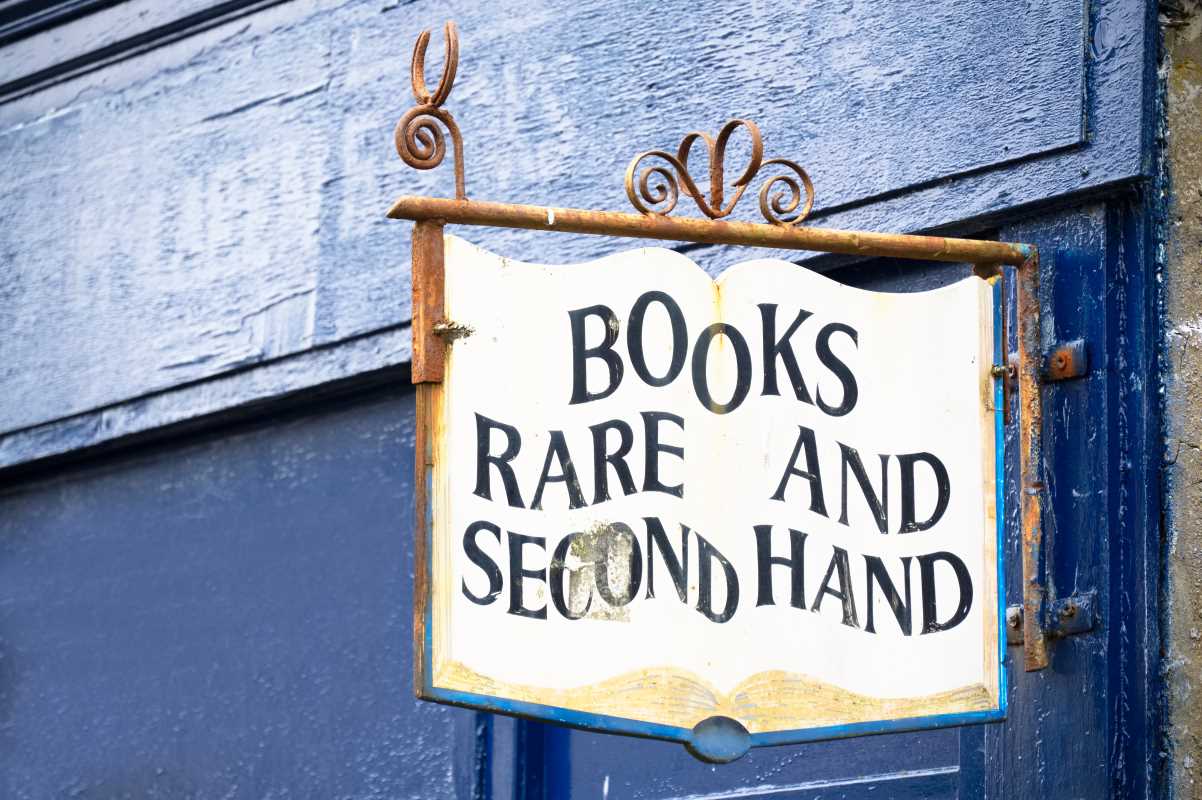Books and movies have always been two mighty pillars of storytelling. While some people might prefer the depth of novels, others love the visual experience of films. When these two worlds come together in the form of cinematic adaptations, the results can be magical. Adapting a beloved classic book into a film is no easy task, though. Directors and writers must condense hundreds of pages of rich detail and character development into just a few hours of screen time. Despite these challenges, some films have managed to capture the essence of the books they’re based on, translating timeless stories into visual masterpieces.
For book lovers and cinema fans alike, these adaptations can bring a whole new perspective to stories we think we know. Whether they stick closely to the original plot or reinterpret the material, the best ones retain the core themes and emotions that made the book a classic in the first place. Here’s a look at some of the best cinematic adaptations of classic literature that every fan of either medium (or both!) should watch.
Pride and Prejudice (2005)
Jane Austen’s Pride and Prejudice has been adapted many times, but the 2005 silver-screen version directed by Joe Wright is one of the most beloved. The film stars Keira Knightley as Elizabeth Bennet and Matthew Macfadyen as Mr. Darcy, offering a fresh approach to this tale of love, class, and misunderstandings in 19th-century England.
What makes this adaptation particularly special is its visual beauty and emotional depth. Wright perfectly captures the rural English countryside, with scenes bathed in soft, natural light. At the same time, the spirit of Austen’s novel is preserved. Elizabeth is intelligent and strong-willed, and Darcy’s transformation into a more humble and caring figure is as moving as it is in the book.
For fans of romance and witty dialogue, this version of Pride and Prejudice is a must-watch.
To Kill a Mockingbird (1962)
Harper Lee’s To Kill a Mockingbird is one of the most influential novels of all time, tackling themes of racial injustice and moral courage. The 1962 film adaptation, directed by Robert Mulligan, brings these important ideas to life on screen.
The movie stars Gregory Peck as Atticus Finch, a lawyer defending an innocent Black man accused of a crime in the racially divided South. Peck’s performance is nothing short of iconic, portraying Atticus as noble, wise, and just. The film also does an excellent job showing the story through the eyes of Scout, Atticus' young daughter, keeping the heartfelt tone of the book intact.
Even after decades, this adaptation remains a powerful and moving piece of cinema.
The Great Gatsby (2013)
F. Scott Fitzgerald’s The Great Gatsby has also been adapted multiple times, but Baz Luhrmann’s 2013 version gave the novel a modern twist while staying true to its themes of ambition, love, and the American Dream.
Starring Leonardo DiCaprio as Jay Gatsby, the film mirrors the novel’s lavish descriptions with bold visuals and extravagant party scenes. The soundtrack, interestingly, blends 1920s jazz with contemporary music to create a unique, almost surreal atmosphere.
Luhrmann’s interpretation doesn’t shy away from the tragic aspects of the story. Gatsby’s obsession with Daisy and his illusions about a perfect life still hit as hard on screen as they do in the book.
Harry Potter and the Sorcerer’s Stone (2001)
J.K. Rowling’s Harry Potter series is often considered modern classic literature, and the first film adaptation, directed by Chris Columbus, brought the magical world of Hogwarts to life with stunning detail.
The Sorcerer’s Stone captures the wonder of Harry’s first steps into the wizarding world, staying remarkably true to Rowling’s original material. From the bustling streets of Diagon Alley to the Great Hall at Hogwarts, everything feels exactly as fans imagined while reading the book.
The film also benefits from the perfect casting of actors like Daniel Radcliffe, Emma Watson, and Rupert Grint, who embody their characters so well that it’s hard to picture anyone else in the roles. Whether you’re new to the series or a long-time fan, this adaptation does the book justice.
The Lord of the Rings Trilogy (2001–2003)
J.R.R. Tolkien’s The Lord of the Rings series was long considered impossible to adapt due to its massive scope and complex world-building. However, Peter Jackson’s film trilogy not only accomplished it but created one of the most celebrated cinematic achievements in history.
Each film in the series—The Fellowship of the Ring, The Two Towers, and The Return of the King—brings Tolkien’s epic fantasy to life, balancing breathtaking landscapes with intricate character development. The special effects, costumes, and music add to the immersive experience, making Middle-earth feel as real as the world you live in.
Though some parts of the story were trimmed or altered for film, the trilogy stays incredibly faithful to the heart of Tolkien’s work, capturing its themes of friendship, courage, and the fight between good and evil.
Little Women (2019)
Written by Louisa May Alcott in the 19th century, Little Women is a timeless story about sisterhood, love, and finding one’s identity. Greta Gerwig’s 2019 adaptation reimagines the story with a non-linear narrative that shifts between the sisters’ childhood and adulthood.
Starring Saoirse Ronan as Jo March and Florence Pugh as Amy, this version gives each sister distinct, well-rounded personalities. Gerwig’s direction emphasizes the importance of their relationships, dreams, and struggles, while staying true to the themes of Alcott’s novel.
The film’s warm lighting, nostalgic costumes, and sentimental soundtrack give it an authentic period feel, making the story resonate for both longtime fans and new viewers.
Romeo + Juliet (1996)
William Shakespeare’s Romeo and Juliet might be the most adapted work of literature in history, but Baz Luhrmann’s 1996 version (Romeo + Juliet) takes a bold, modern approach that sets it apart.
Set in a contemporary city called Verona Beach, the film features fast cars, dramatic shootouts, and a hip soundtrack. Yet, all of the dialogue comes directly from Shakespeare’s original play. This mix of old and new creates a fascinating contrast, making the story of star-crossed lovers feel fresh and accessible to younger audiences.
Leonardo DiCaprio and Claire Danes deliver heartfelt performances as Romeo and Juliet, and Luhrmann’s visually dynamic style ensures that the film never feels dull.
 (Image source: Inuvo/IMDB / Ralph-Ellison)
(Image source: Inuvo/IMDB / Ralph-Ellison) 





